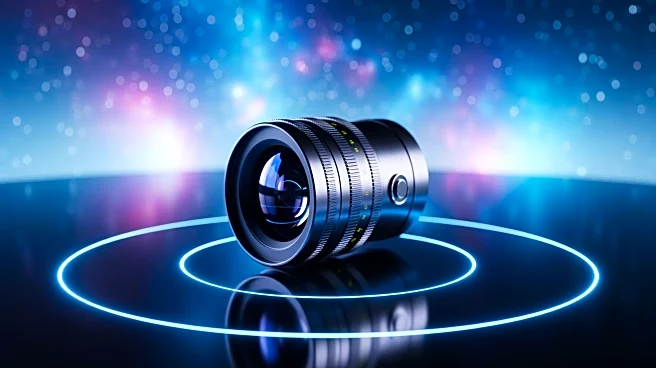Rapid Read • 8 min read
PinkPantheress, a U.K. artist known for her electronic music, has spoken out about the biases she faces as a Black woman in the industry. In a recent interview, she expressed that people are less willing to listen to electronic music created by Black women, which she believes has led to her being overlooked for certain career opportunities. Despite her success, including the release of her Fancy That mixtape and receiving an honorary doctorate from the University of Kent, PinkPantheress feels that her artistic messages are often misunderstood or ignored due to preconceived notions about her identity and genre.
AD
The comments from PinkPantheress shed light on the broader issue of racial and gender bias within the music industry, particularly in genres like electronic music where Black women are underrepresented. This bias can limit opportunities and recognition for talented artists, affecting their career growth and visibility. By speaking out, PinkPantheress challenges the status quo and advocates for greater inclusivity and understanding in the industry. Her experiences highlight the need for systemic change to ensure that all artists, regardless of race or gender, have equal opportunities to succeed and be heard.
PinkPantheress aims to continue challenging stereotypes and proving critics wrong by staying authentic and consistent in her work. Her efforts may inspire other artists facing similar biases to speak out and advocate for change. The industry may see increased discussions and initiatives aimed at addressing these biases, potentially leading to more inclusive practices and recognition for diverse artists.
The issue raised by PinkPantheress also touches on cultural dimensions, as it reflects broader societal attitudes towards race and gender. Her experiences underscore the importance of diversity in creative fields and the need for audiences to be open to different perspectives and voices. Long-term, this could lead to shifts in how music is marketed and consumed, with greater emphasis on diversity and representation.
AD
More Stories You Might Enjoy











